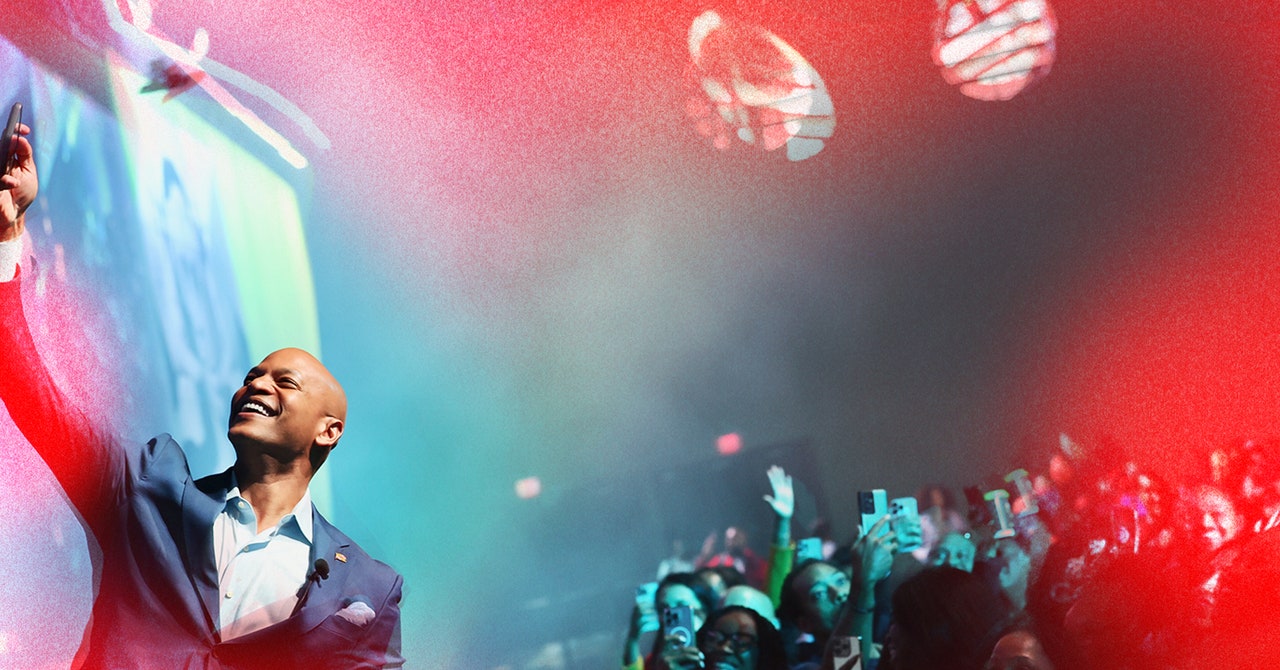Under a Trump administration, the outcomes for 2025 appear inevitably bleaker. He’s promised to invest in an economy that is anti-woke, bolstering his cabinet with agitators—such as Brendan Carr, his choice for chair of the Federal Communications Commission—that have promised to end DEI. Project 2025, the 900-page conservative policy agenda Trump is likely to base much of his governing around, takes aim at organizations that employ “racial classifications and quotas” and pledges to rescind an executive order that calls for federal contractors to guarantee equal opportunity. (And big tech companies were already cutting DEI programs, even without the threats of a hostile president.)
“The idea that DEI is hurting productivity is asinine,” said Maryland governor Wes Moore, the only state representative in attendance. “Look at the numbers.” A 2020 report from McKinsey & Company, for example, shows that diversity, equity and inclusion initiatives are, in fact, good for business. “Authenticity” was the most popular buzzword of the week—vigorously repeated in every discussion I attended— which felt both on brand and eerily odd, given that the business of authenticity will be a target across the next four years.
“We’ve never seen what’s about to come,” artist Will.i.am said onstage, and that much was true.
All the big players were accounted for at the recruiting expo— Netflix, American Express, Axon, Meta, Google, Oracle—as people stood in snaking lines that sometimes stretched longer than those for the night’s afterparties. As I took in the extravaganza of the exhibition floor, with its large swooping signs in every direction, I thought back to my first day in Houston when a Microsoft recruiter joked that I shouldn’t tell anyone what he did, worried they might overwhelm him with resumes and questions about openings at the company.
Still, it was hard to square just how effectively the conference was preparing its next generation of heroes. It wasn’t a question of programming but rather impact. Naturally, all eyes are on AI, but the concerns of others were noticeably elsewhere, in the here and now—and that meant landing a job.
“I’ve always been on edge about job security. I’ve always had uncertainty,” said Candace Madison, who works in legal tech at Relativity, a data organization software company in Chicago. It was her first time at AfroTech. “I don’t think the election increased that, but with the election and DEI not being a priority, you do have to be more on your toes,” she added. Still, she was optimistic. “The way to stay ahead of everything that happens now is networking,” even though she admitted that she’d met very few people in her field so far.
In the elevator at Le Meridien in downtown Houston, a graduate student completing her PhD in data science who was also on the job hunt, colored her experience another way. “This is my eighth [conference] of the year,” she said. “I’m doing my best networking but I’m not getting much out of them.”
On Instagram, the conference was promoted as a success. In a story post, a product engineer at a Fortune 50 company movingly explained how the conference was a “full circle moment” for him, having landed an internship at the expo in 2017 that led to his current job. Another post, from a high-ranking marketing executive, described this year’s experience as “a balm in Gilead.”
As might be expected, everyone at AfroTech had their eyes set on the future—only, no one could say what was coming next, or how much of a say they would have in it. Everyone, it seemed, wanted a piece of what they felt was owed to them: the promise of a stable tomorrow. How they would get there was another matter entirely.

